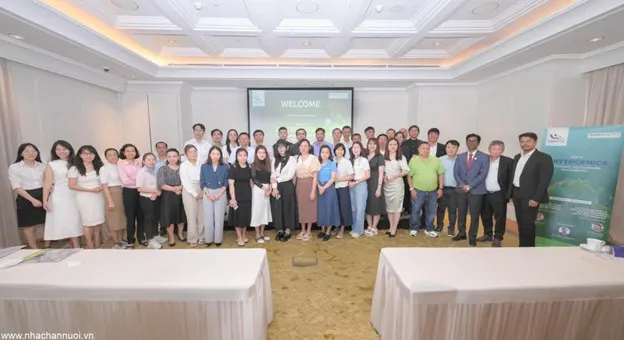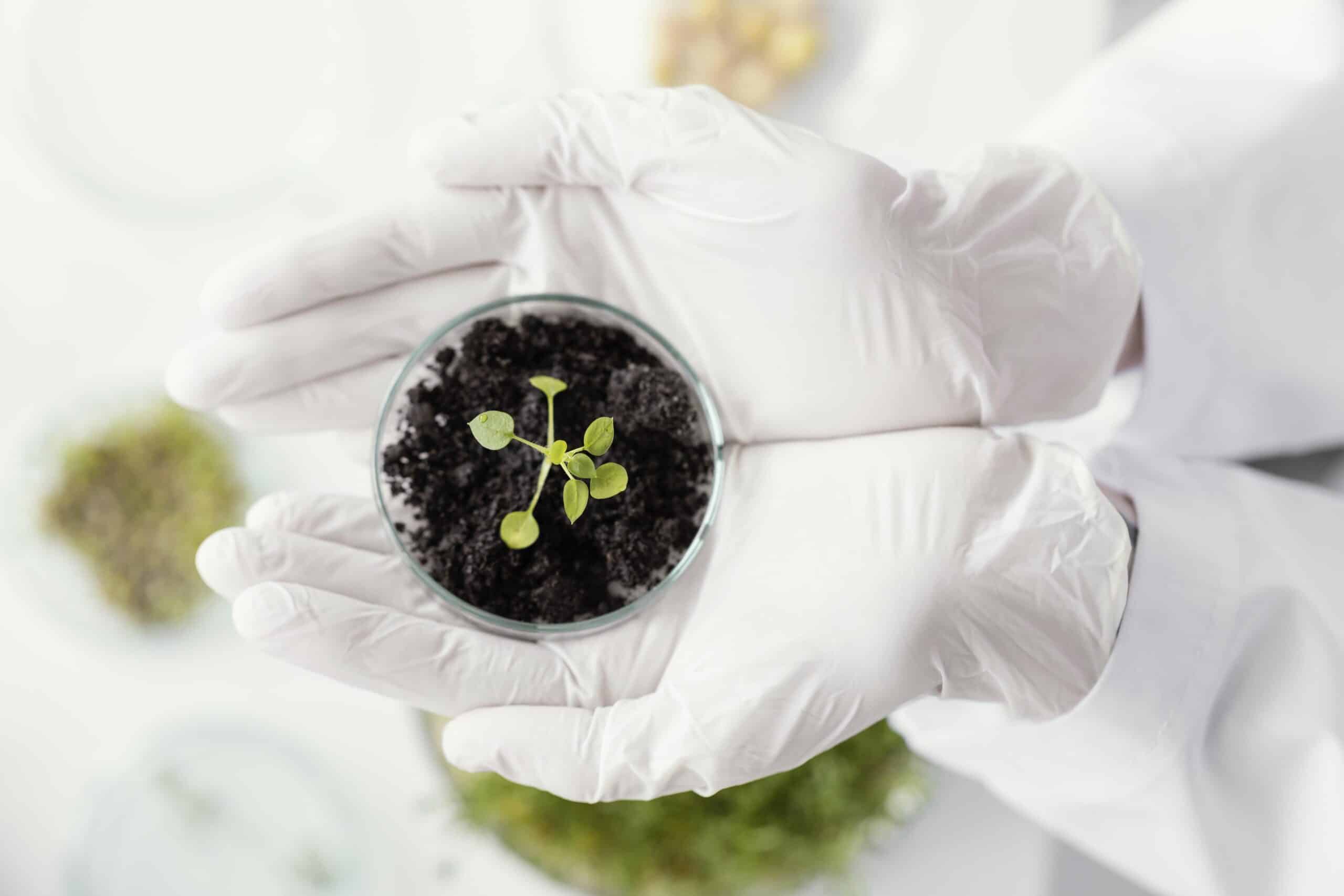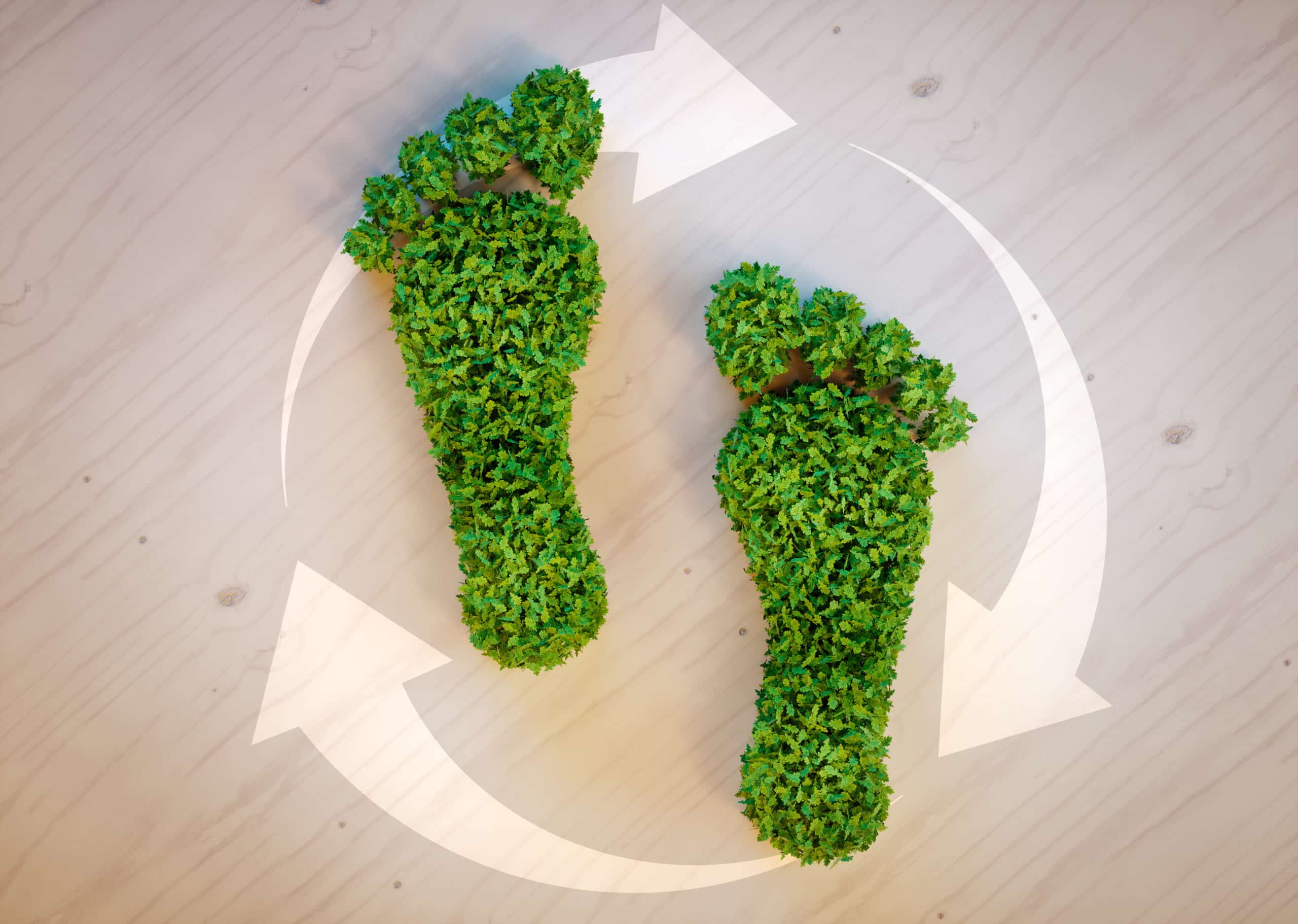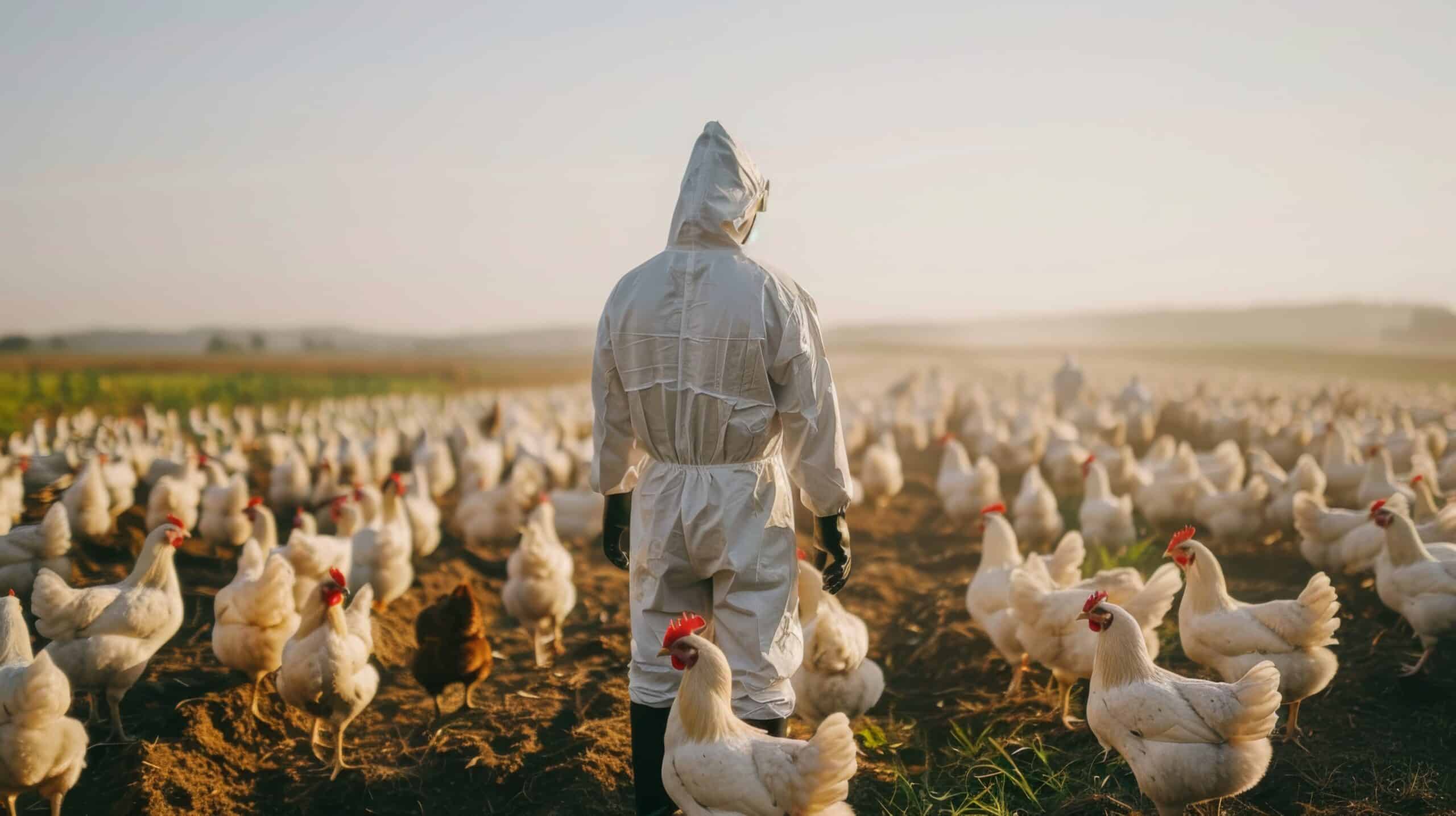In the context of global free trade and increasingly fierce price competition, the Vietnamese livestock industry is facing many opportunities and challenges. To maintain its competitive advantage, the livestock industry needs to address key issues such as nutritional balance, diet optimization, heat stress reduction, and especially antibiotic use control, increasing animal
resistance. Solutions using plant extracts (phytogenics) are emerging as a sustainable direction, helping to improve productivity, ensure animal health and food safety.
That was the message at the workshop “The role of Phytogenics in effective and sustainable livestock farming” successfully organized by Tan Hoa Company (Innochems) in collaboration with Natural Remedies Company (India) in Ho Chi Minh City on April 23, 2025.
The event attracted a large number of customers, partners and industry experts, with the participation of prestigious speakers such as Associate Professor, Dr. Duong Duy Dong (Ho Chi Minh City University of Agriculture and Forestry), Dr. Ganesh Saini, Dr. Sunil Gowda (Natural Remedies) and Mr. Le Phan Khoi -General Director of Innochems Company.
The workshop not only shed light on the major challenges of Vietnam’s livestock industry but also introduced advanced phytogenics solutions, opening up a new direction for a modern, sustainable livestock industry.

Major challenges of Vietnam’s livestock industry
Balanced nutrition, cost optimization and environmental protection

According to Mr. Le Phan Khoi, the Vietnamese livestock industry is trying to find ways to use raw materials reasonably to reduce product costs, while ensuring productivity and quality. Combining appropriate feed rations to meet the nutritional needs of livestock without increasing costs is a difficult problem. Livestock products need to meet safety standards for human health, while still maintaining economic efficiency.
Heat Stress: The Silent Enemy
Heat stress is defined as a condition caused when an animal’s body is exposed to an environment with excessively high temperatures, making it unable to maintain a stable body temperature as it would normally be under optimal conditions.
Once defined as above, it means that the cause of heat stress has been determined: it is due to the temperature in the rearing environment, or more precisely, the perceived temperature in the rearing environment increasing too high above the optimal temperature, which has been determined to be only within the range of 17-27°C for most livestock species and slightly lower, at 15-25°C, for cows. (When the perceived temperature in the rearing environment drops too low, from below 15-17°C or lower, the body also experiences heat stress, and to distinguish it, people call it cold heat stress instead of hot heat stress as is often seen in tropical countries).

According to Dr. Ganesh Saini, in the phenomenon of global warming, Vietnam is no exception, the felt temperature is up to 50°C.
High temperatures cause stronger cell oxidation, damage to cell membranes, damage to genetic DNA and loss of specific structures present in cells, causing general disturbances outside and inside the cell.
When the outside temperature increases, it has a negative impact on livestock, specifically causing muscle breakdown, affecting immunity, and causing an imbalance in endocrine function. In short, it causes livestock to eat but have to expend energy to balance heat. This activity, if prolonged, leads to an increase in mortality rate.
Shallow water (such as ponds and streams) changes rapidly – each 1°C change in air temperature can increase the temperature variation of the water by 0.5-1°C. Deep lakes and reservoirs can change temperature more slowly, possibly below <0.1°C. For every 10°C increase in temperature, the dissolved oxygen level decreases by 2.0-2.5 mg/l. This has serious effects on aquatic and marine species.
In summary, according to Dr. Ganesh Saini, heat stress causes reduced aplivestockite in livestock; heat shock; affects reproductive performance; reduces egg production; reduces immunity; wet feces and high levels of NH3; changes in behavior; risk of disease; affects intestinal microorganisms; death, reduces survival rate…

Antibiotic Resistance: A Global Threat
Antibiotic resistance not only affects animal health but also poses a risk of transmitting drug-resistant bacteria to humans, threatening food safety and public health. According to the World Health Organization (WHO), from 2020 to 2023, Vietnam recorded nearly 270,000 deaths related to antibiotic resistance. Globally, more than three million children died in 2022 due to drug-resistant infections.

Dr. Sunil Gowda provides information: Antibiotics such as halquinol, although effective in preventing enteritis, cause many consequences such as reducing the diversity of intestinal microbiota, promoting the spread of drug-resistant genes and potentially causing cancer. Many countries have banned or restricted the use of halquinol, requiring a withdrawal period before slaughter. Controlling the use of antibiotics in livestock is a top priority in Vietnam and many other countries.
Phytogenics solutions from Natural Remedies
Therefore, according to Dr. Ganesh Saini, to help livestock reduce heat stress, Natural Remedies has developed the concept: Adaptogen – adaptive solution, which is the addition of herbs to improve the endurance of livestock. These are solutions recorded from 6,000 years BC. Natural Remedies has developed the product Phytocee , which is a combination of the following herbs: Wihtania somnifera (Indian ginseng) ; Panax ginseng (Ginseng) ; Ocimum spp (Thai Brasil) – Purple basil ; Embilica officinalis – Wild tamarind. Natural Remedies is proud of Phytocee receiving more than 107 related awards.
A world-leading animal feed manufacturing corporation, headquartered in Thailand, has purchased 5,000 tons of phytocee for the past 7 years for 17 countries and territories where they do business.
The effects of Phytocee in animal husbandry are:
Anti-stress for chickens, pigs and other animals in stressful conditions, helping animals adapt to changes such as temperature, disease, high stocking density…
- Improve egg quality for laying hens and breeding hens, increase eggshell thickness, uniform color, and freshness (Haugh) of eggs
- Strengthen the immune system, improve defense function, increase survival rate
- Very heat stable and stable under pelleting and storage conditions
- Used as a substitute for vitamin C in animal husbandry.
According to Dr. Sunil Gowda, currently antibiotic alternatives such as organic acids, enzymes, probiotics, enzymes, probiotics all have limitations, phytogenics can be the solution to overcome those. Specifically as follows:
| Antibiotic alternative | Limit | Phytogenics solutions |
| Acidifiers | Limited range of motion (mainly upper bowel) | Many phytogenics have antibacterial properties that act throughout the entire intestinal tract. |
| Enzymes | Substrate and temperature sensitivity | Phytogenics stimulate the secretion of endogenous enzymes (bile amylase) and are heat-stable, enhancing natural digestion. |
| Bacteriorphages | Narrow target area | Phytogenics target a broad spectrum of pathogens (Gram+ and Gram-, without inducing drug resistance |
| Probiotics | Difficult to localize | Phytogenic improves the intestinal environment to facilitate the growth of beneficial bacteria |
Therefore, according to Dr. Sunil Gowda, Natural Remedies developed STODI – a standardized plant powder that helps reduce wet stools and improve intestinal integrity. STODI also ensures growth and has a positive impact on the environment.
STODI has a synergistic combination of phytoconstituents such as Andrographolide, Punicalagins and other Ellagitannins and Polyphenols from selected herbs. STODI has also been shown to improve gut microflora through Metagenomics studies and also improve gut immunity through GALT surface area studies.
Also at the conference, Natural Remedies speakers introduced KOLIN PLUS, a product proven to provide better fat mobilization, fat metabolism and optimal muscle growth. KOLIN PLUS is natural Choline for poultry and is a greener alternative to choline chloride.
KOLIN PLUS is designed to overcome the disadvantages of choline chloride without affecting the performance of poultry or pigs. It is a multi-herbal formula consisting of a powerful blend of catechins, curcuminoids, gallic acid and multiple polyphenols, supporting efficient fat metabolism and mobilization. KOLIN PLUS also contains phosphatidylcholine to support cell structure development and overall growth.









.png)












.png)






